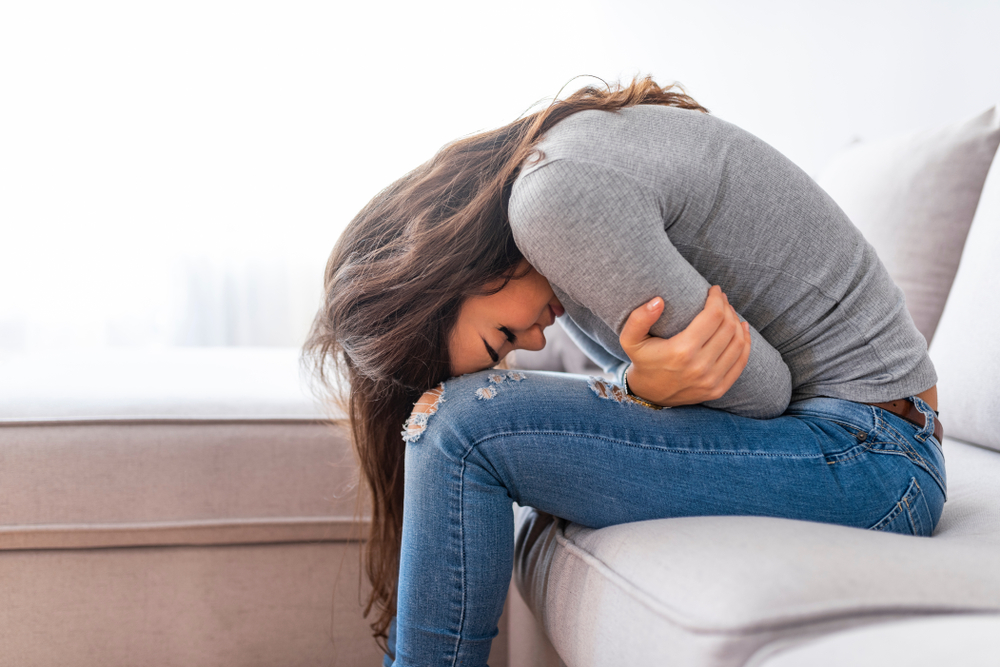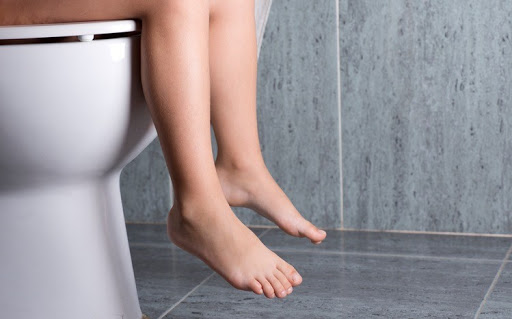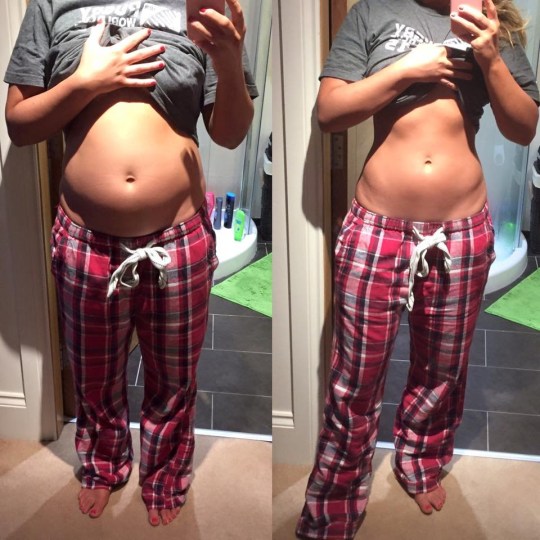
At My Holistic Counselor we believe in taking a holistic approach to pelvic pain. That means we look at all factors including health history, lifestyle and diet choices to create a customized treatment plan to help you find relief from pelvic pain. One of the conditions we treat most often is endometriosis, a condition that causes extreme pelvic pain with no identifiable cause. Unfortunately, it can be difficult to diagnose and even more challenging to find relief.
For those suffering from the pelvic pain associated with endometriosis, it can often feel like you’re totally alone. In reality, endometriosis is much more common than you might think: the condition affects an estimated 10% of women worldwide. Treatment typically includes a combination of medication, hormonal therapy and/or surgery, but there’s increasing support for the theory that diet could have a significant impact on endometriosis symptoms.
Endometriosis occurs when uterine cells (called the endometrium) grow outside of the uterus on other organs, such as the ovaries, fallopian tubes or bladder. This displaced tissue can cause extremely painful periods and an increase in PMS symptoms.
If you have endometriosis, you know how much the pelvic pain associated with this condition can compromise your quality of life. In addition to painful periods, sufferers may also experience pain during urination and bowel movements, painful sex, gastrointestinal symptoms, and, if left untreated, infertility.
The exact cause of endometriosis is unknown, which can be incredibly frustrating for women looking for relief. Many theories exist, including genetic, hormonal, structural and auto-immune causes, but no true cause has been identified. But among the many theories, diet is increasingly believed to play a role in endometriosis. Certain foods may aggravate endometriosis symptoms while others may reduce pelvic pain from endometriosis. Changing your diet could help you find relief.
Up Your Omega-3 Intake
Omega-3s are healthy, anti-inflammatory fats found in fish and many plant-based sources. They’re known to relieve period pain and believed to counteract the inflammation brought on by endometriosis. Aim to have three to five servings of high fat fish per week, two to four servings of cold-pressed vegetable oil per day,
or start taking an omega-3 supplement. Increasing your daily intake of omega-3 fats is one of the simplest changes you can make to your diet.
As much as omega-3 fats can work wonders on inflammation, trans fats do the exact opposite. Found in many processed foods, trans fats have been linked to heart disease, increased inflammation in the body and, in some studies, an increased incidence of endometriosis. Avoiding these foods could help to reduce your pelvic pain.
It should come as no surprise that fruits and vegetables are major players in any healthy diet. Not only are fruits and veggies anti-inflammatory and chock full of antioxidants; they’re also full of fiber, which promotes healthy digestion and may help to lower estrogen levels. Fruits and veggies also provide plenty of essential nutrients which work to reduce pain in the body. Try to eat four to five servings of fruits and vegetables every day. Choose organic whenever possible and eat the rainbow to get a wide variety of vitamins and minerals.
Red meats are linked to hormonal imbalances and known to increase inflammation in the body, both of which can lead to an increase in endometriosis symptoms. Aim to reduce your intake to a maximum of one to two servings per week, and always choose organic or grass fed meats when possible.
Beans are good for more than your heart — they’re full of folic acid, magnesium, potassium and soluble fiber. Magnesium in particular is known to have anti-inflammatory properties and fiber, as we’ve mentioned, may lower estrogen levels which can reduce symptoms of endometriosis. Legumes and beans are also low-glycemic, meaning they help to stabilize blood sugars which can reduce inflammation.
Whole grains are known to balance your blood sugar, reducing spikes that cause inflammation. They also provide important B vitamins and fiber, which promote healthy digestion and decrease inflammation in the gut. While a totally gluten free diet is not recommended for those without a gluten sensitivity, reducing gluten may help to calm pain from endometriosis. Aim for three to five servings of whole grains a day. Brown rice, quinoa, buckwheat, steel-cut oats
Health Topics




